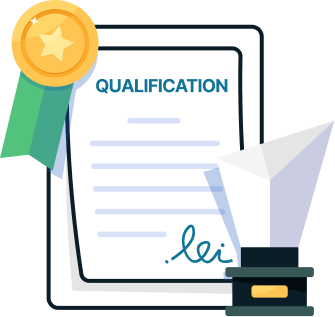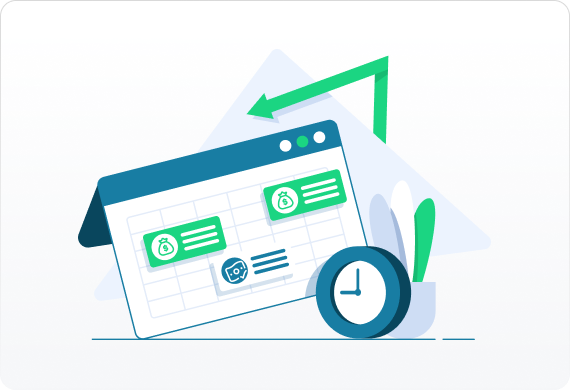Car wash owners have done well during the past few years. Globally, the car wash services market was $27.8 billion in 2020, and is expected to grow 6% in the next year. In the United States, the compound annual growth rate is 3.9%.
More and more Americans are skipping washing their car at home and heading to the car wash. In 1996, 52.4% of people washed their car at home but by 2014 that percentage dropped to 28.4%. During that same time period, consumers taking their car to a professional car wash facility rose from 47.6% to 71.6%.
The data shows a clear and growing preference amongst American consumers for professional car wash facilities. Technology and mobile apps have been getting in on the business – in one instance, car wash businesses found that joining a membership application app increased their income by 20%.







